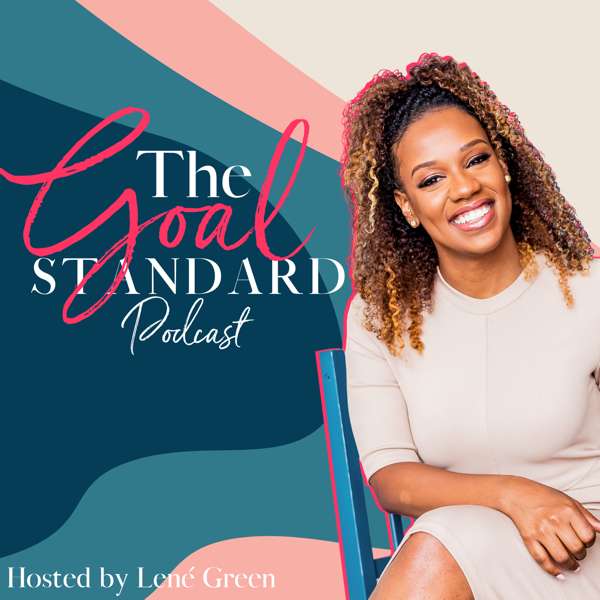Photo credit: AP Images for Britannica.com
EPISODE SUMMARY
In this episode, we're going to focus on one of the most talked about cases in Supreme Court history. On May 17 1954, in a unanimous decision, the Supreme Court held in Brown versus Board of Education, that in the field of public education, the doctrine of separate but equal had no place, and that separate educational facilities were inherently unequal.
A FEW KEY TAKEAWAYS FROM THIS EPISODE
- In terms of what it meant to the health of the nation, Brown versus Board of Education was the most significant case in the history of the Supreme Court.
- Part of what's in the DNA of this country is aspirational. And what Brown did was having a goal of providing equality. It's certainly true that we have fallen short in some of the things that we profess as a nation.
- The difference between where we want to be and where we are, is the engine that drives change.
Judge Ellis read excerpts from the Appendix to the Congressional Globe, described here from https://memory.loc.gov/ammem/amlaw/lwcg.html
"The Globe, as it is usually called, contains the congressional debates of the 23rd through 42nd Congresses (1833-73). There are forty-six volumes in the series based on the table found in the Third Edition of Checklist of United States Public Documents 1789-1909, Volume 1B (pp. 1466-69).
The Globe is the third of the four series of publications containing the debates of Congress. It was preceded by the Annals of Congress and the Register of Debates and succeeded by the Congressional Record. The first five volumes of the Globe (23rd Congress, 1st Session through 25th Congress, 1st Session, 1833-37) overlap with the Register of Debates. Initially the Globe contained a "condensed report" or abstract rather than a verbatim report of the debates and proceedings. With the 32nd Congress (1851), however, the Globe began to provide something approaching verbatim transcription.
The contents of the appendix of each volume vary from Congress to Congress, but appendixes typically contain presidential messages, reports of the heads of departments and cabinet officers, texts of laws, and appropriations. Speeches not indexed or referenced on the pages reprinting the debates appear in the appendix as well."
More specifically, I read from the 33rd Congress, Second Session.[1855]
The first page of the Appendix is https://digital.library.unt.edu/ark:/67531/metadc30790/m1/1/?q=thirty-third
From the entry page you can jump to specific pages, and I read from page 234, Tennessee Senator
https://digital.library.unt.edu/ark:/67531/metadc30790/m1/248/?q=thirty-third
And page 236, Indiana Senator
https://digital.library.unt.edu/ark:/67531/metadc30790/m1/250/?q=thirty-third
To download the transcript, CLICK HERE
LINKS IN THIS EPISODE
CLICK HERE TO LEAVE FEEDBACK
Follow Ellis Conversations on Twitter
Follow Judge Ronald Ellis on Twitter
Follow Jamil Ellis on Twitter
Follow Jamil Ellis on LinkedIn
Information from Legal Defense Fund
Information from History.com
Information from Britannica Encyclopedia
Information from PBS.org
Information from US Courts
Information from The New Yorker, May 3, 2004 Did Brown Matter?
Appendix to the Congressional Globe, described here from https://memory.loc.gov/ammem/amlaw/lwcg.html
The first page of the Appendix is https://digital.library.unt.edu/ark:/67531/metadc30790/m1/1/?q=thirty-third
Tennessee Senator https://digital.library.unt.edu/ark:/67531/metadc30790/m1/248/?q=thirty-third
Indiana Senator https://digital.library.unt.edu/ark:/67531/metadc30790/m1/250/?q=thirty-third
Check out BlackHistoryChatGPT
OTHER EPISODES OF INTEREST
Judge Ketanji Brown Jackson
Gifted and Talented Programs, So Many Children Left Behind

 Our TOPPODCAST Picks
Our TOPPODCAST Picks  Stay Connected
Stay Connected







